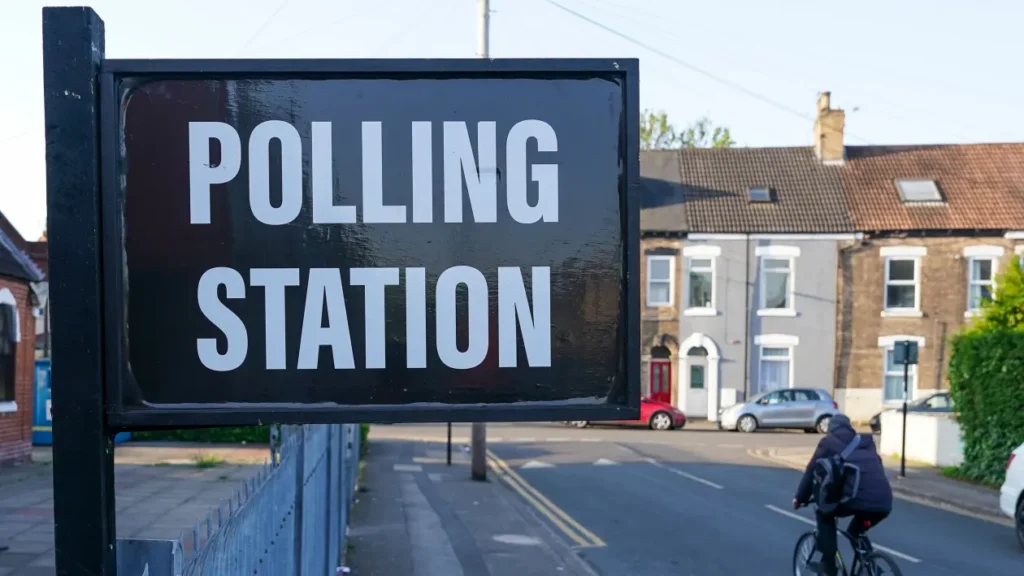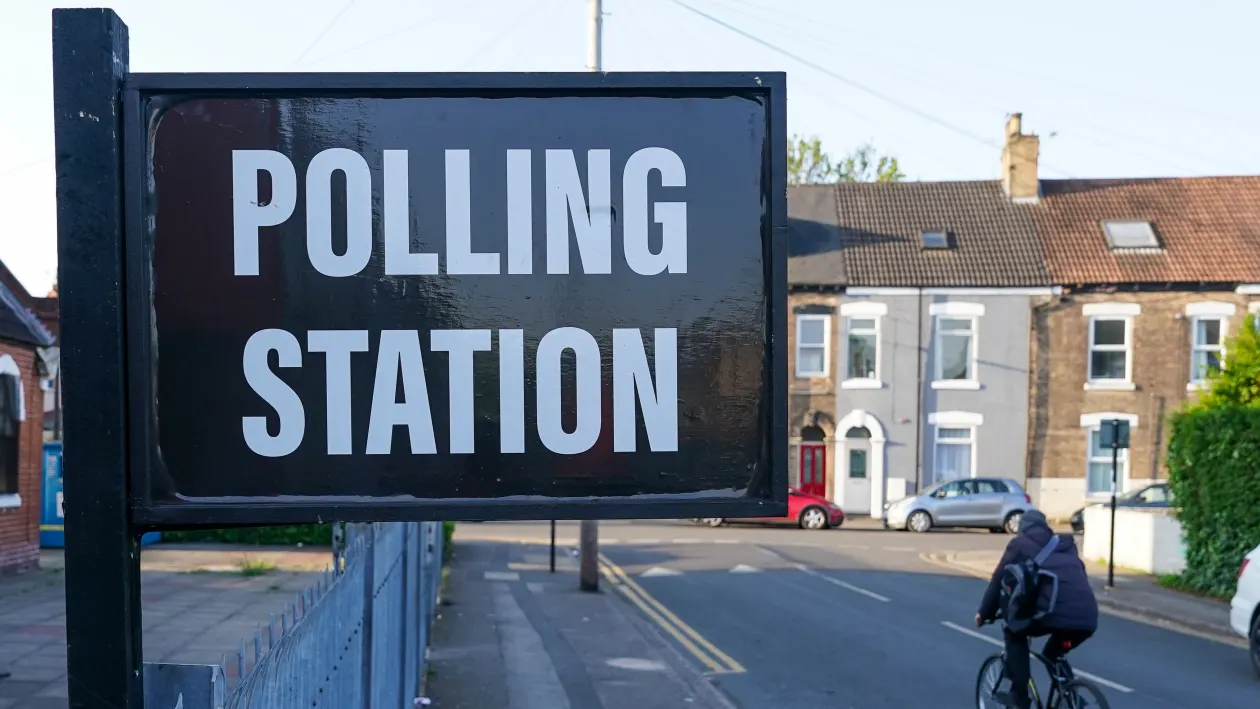In a groundbreaking move set to transform the political landscape, the United Kingdom has officially lowered the national voting age to 16. This reform extends voting rights to 16- and 17-year-olds across England and Northern Ireland, aligning them with Scotland and Wales, where young people already participate in local and devolved elections. For the first time, this new generation will be able to vote in UK-wide general elections, potentially beginning in 2029.
The policy change opens the door for nearly 1.6 million young voters to have a direct say in shaping the nation’s future. Advocates argue that this step will encourage civic responsibility, boost political participation, and reflect the realities of a younger generation deeply affected by government policies on education, climate, housing, and jobs. Data from countries such as Austria and Brazil, as well as devolved UK regions, suggests that early engagement leads to higher lifetime voter turnout.
One of the most striking implications of this change is the shift in political campaigning. Teenagers today are digital natives, consuming information and forming opinions largely through social media platforms like TikTok, Instagram, and Twitter. This means political messaging will increasingly migrate to these platforms, creating both opportunities and risks. While social media can energize and mobilize, it can also misinform. Misinformation, fake news, and algorithmic manipulation may become critical challenges for the integrity of youth political engagement. Many now argue for urgent investment in media literacy and civic education in schools.
Not everyone welcomes the reform. Critics, particularly from the Conservative Party, have labeled the move as politically motivated, accusing Labour of trying to manipulate the electoral base. They argue that 16 year olds are not mature enough to vote, especially when they are still restricted from activities like drinking alcohol or standing for office. However, this view overlooks the complex and informed perspectives many teenagers hold, as well as their growing interest in politics and social issues.
Interestingly, the addition of teenage voters is not expected to dramatically change election outcomes. Though Gen Z tends to lean progressive, young voters are not monolithic. Many are showing interest in alternative parties such as the Greens, Liberal Democrats, or Reform UK. In tight races, their influence could be decisive, particularly at the local level.
Alongside the voting age reform, the government is introducing automatic voter registration, expanding acceptable ID options to include bank cards, and tightening rules around political finance and foreign interference. These reforms aim to modernize the UK’s democratic system, making it more inclusive, transparent, and secure.
This policy marks the most significant electoral reform in the UK since the voting age was reduced from 21 to 18 in 1969. While the immediate impact on the balance of power may be limited, the broader implications for democracy are profound. This move acknowledges young people as essential stakeholders in national decision making and lays the groundwork for a more connected, participatory, and future oriented political culture.



